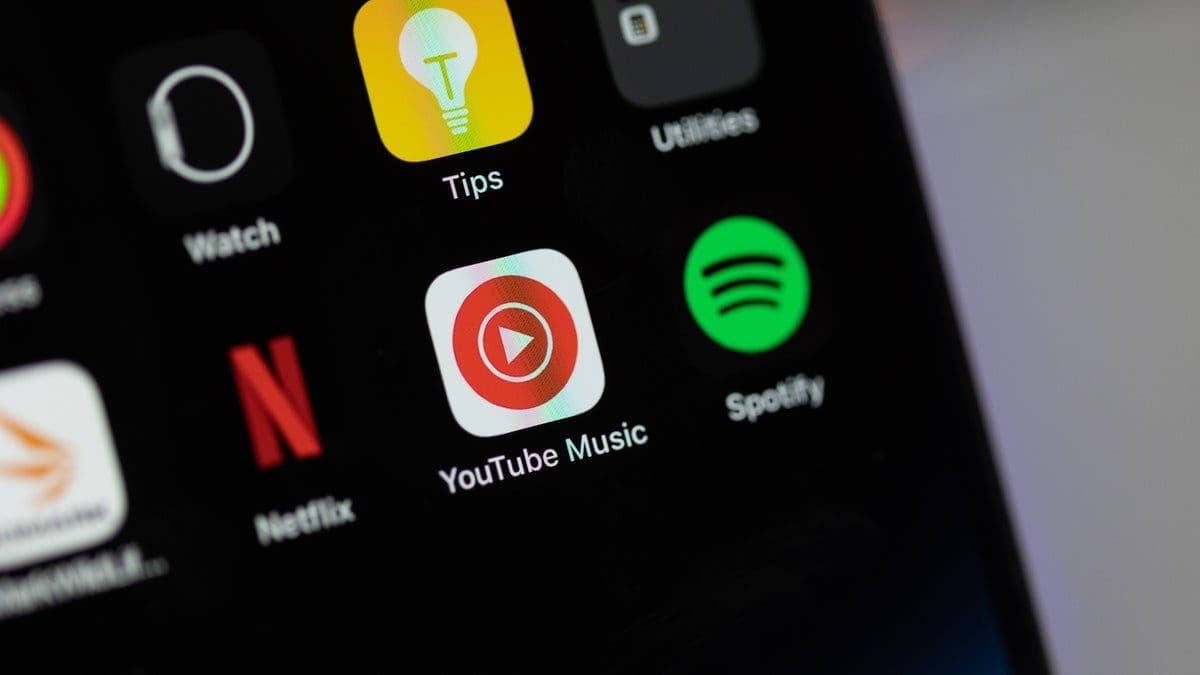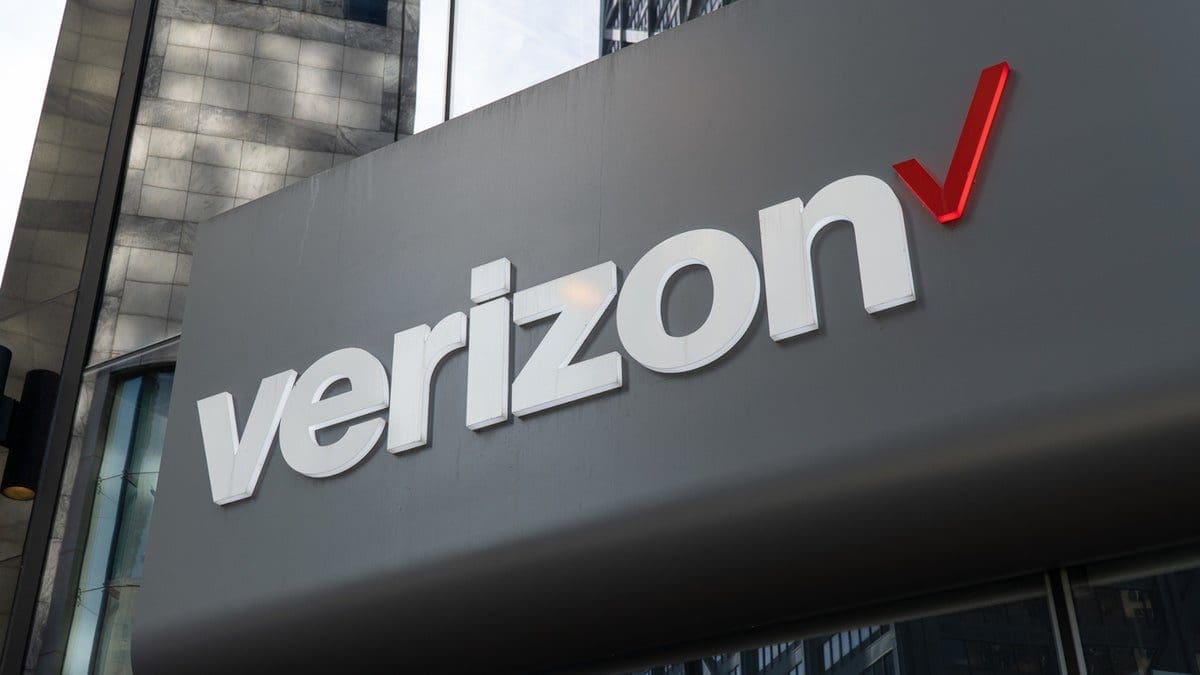Apple is on the verge of settling a lengthy EU antitrust investigation regarding its Apple Pay “tap-and-go” payments system, as reported by the Financial Times. This probe has been ongoing for some time, but it seems like a resolution may be around the corner.
The European Commission had accused Apple of violating competition laws by restricting access to the near-field communication (NFC) chips that enable contactless payments on its devices. This limitation essentially locked out competitors from offering similar services, giving Apple Pay a monopoly in this space.
However, recent reports suggest that Apple is close to reaching an agreement with EU regulators. As part of this settlement, Apple is expected to make certain concessions to allow competitors access to its contactless payment technology. Here are some key points to note:
– Apple could face fines up to 10% of its global turnover if found guilty.
– Regulators seem satisfied with the concessions Apple proposed earlier this year.
– These changes would involve opening up NFC chips on iOS devices for developers to process “tap-and-go” payments without mandating the use of Apple Pay or Apple Wallet.
– The proposed arrangement is set to last for a decade, subject to ongoing technical discussions between both parties.
While Apple declined to comment directly on these developments, they emphasized their commitment to providing third-party developers in the European Economic Area with options for NFC contactless payments within their apps. This move aims to promote competition and consumer choice in the digital payment landscape.
It’s worth noting that this isn’t the first time Apple has faced scrutiny from European regulators. Earlier this year, they were fined €1.84 billion for anti-competitive practices in music streaming. Additionally, there’s speculation that Apple might be charged under the EU’s Digital Markets Act in the near future.
As we await further updates on this matter, it’s clear that navigating regulatory challenges is becoming increasingly complex for tech giants like Apple. Stay tuned for more news on how these developments could impact the digital payments industry and consumer choices in Europe.









